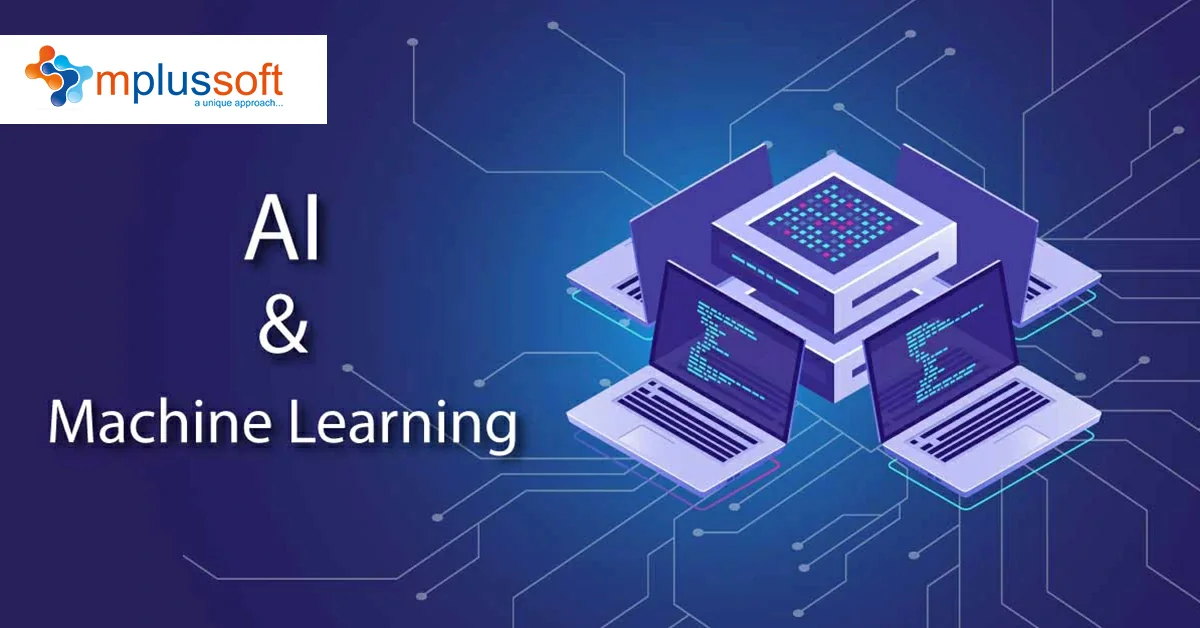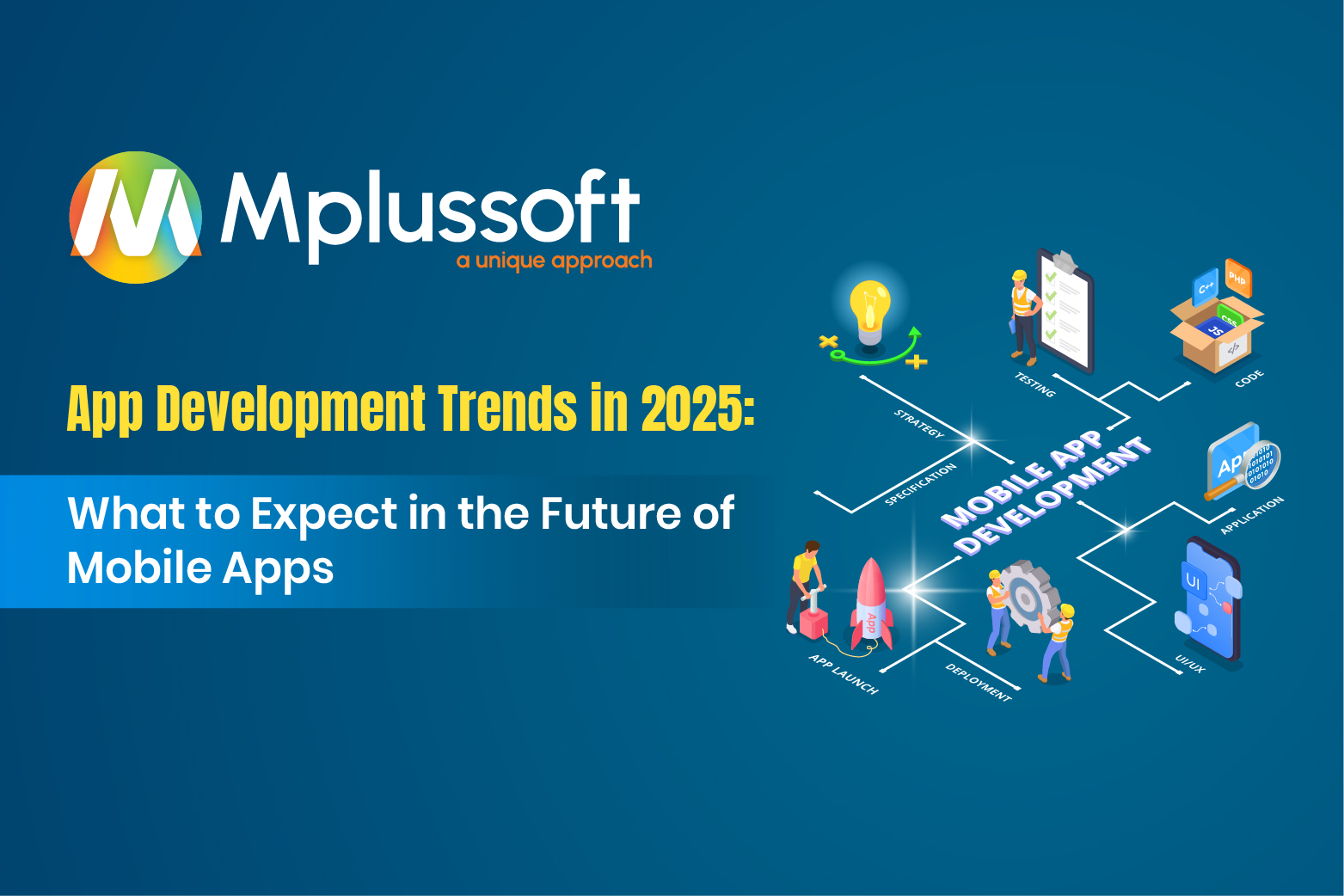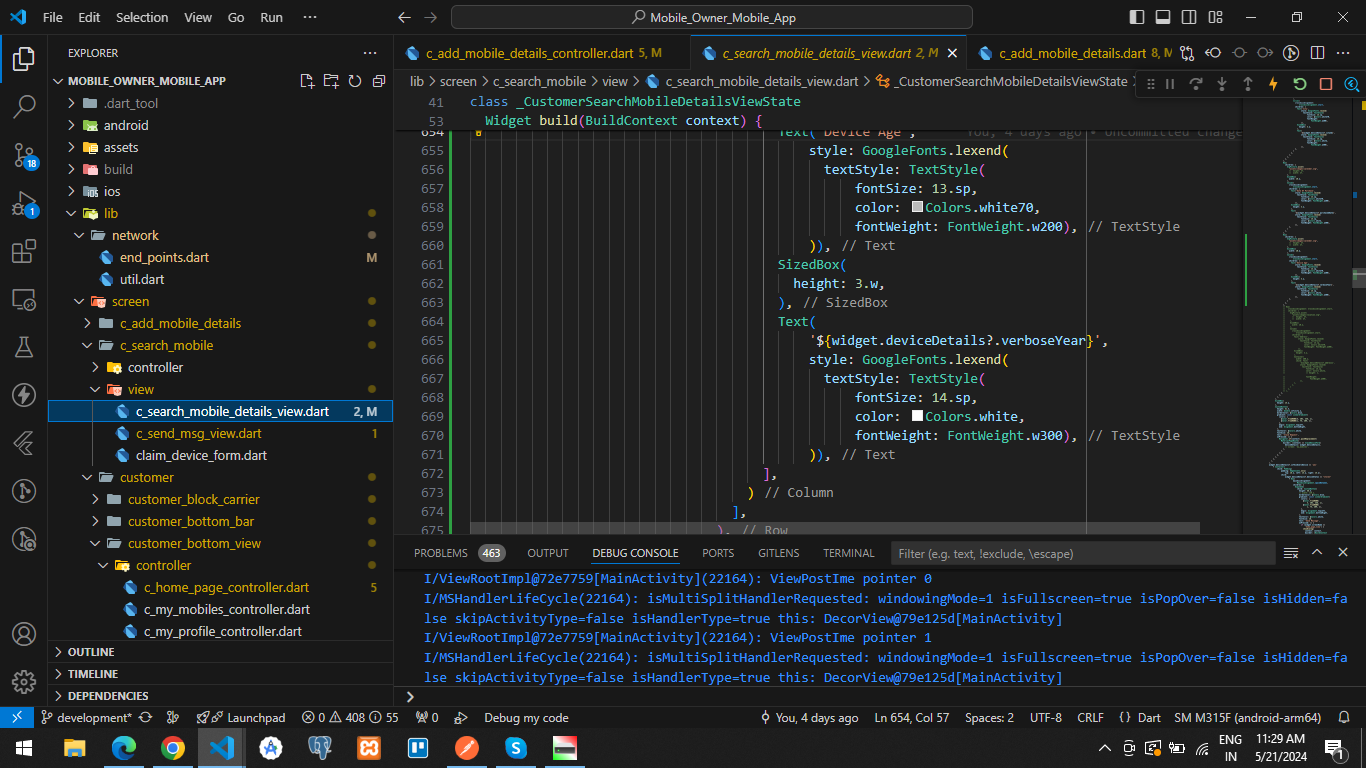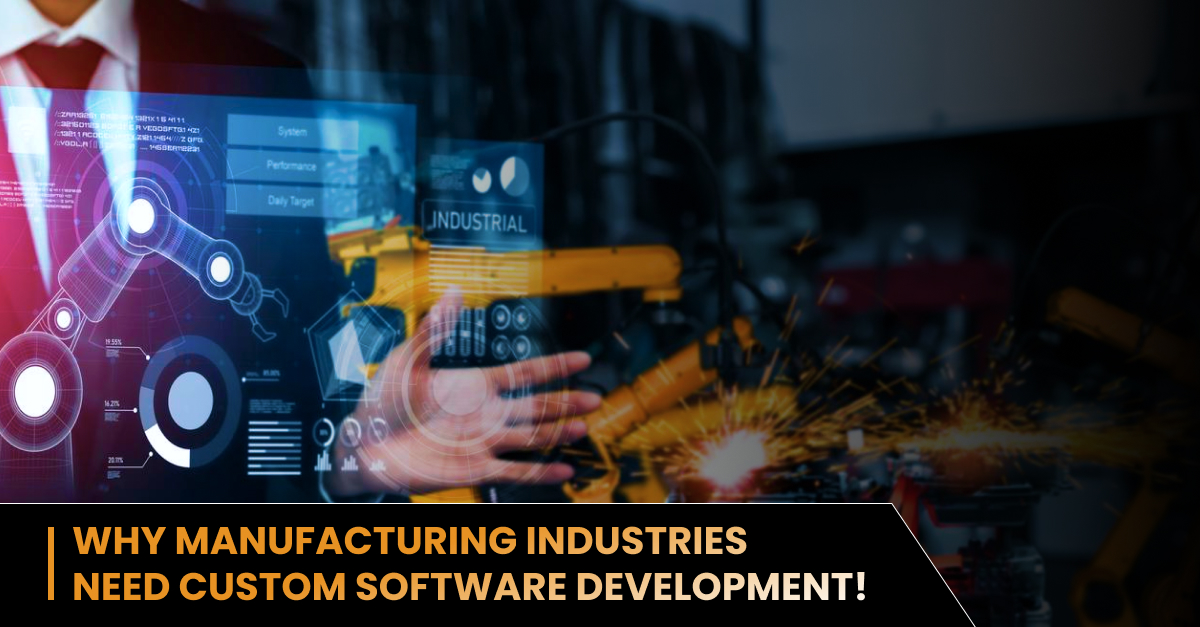AI & Machine Learning: A non technical guide
AI & Machine Learning: A non-technical guide
Artificial
intelligence has acted as the main driver of emerging technologies, contributing $450-500 billion to India's GDP
by 2025, and it will continue to act as a technological innovator for the
foreseeable future. In reality, AI is already at work all around us, and people
have been talking about artificial intelligence everywhere. Predicting for
everything from smart agriculture and intelligent logistics to military
applications, from the food we consume to the water we drink, to the software
we write everything will be affected by AI and ML.
Everything we love about civilization is a
product of intelligence and keeping that at pace, AI is giving organizations a
competitive edge by helping them to move beyond biases. Digital life is
augmenting human capacities, and no doubt, AI and ML are the centerpieces of
digital transformation. So, let's start
by understanding what artificial intelligence is, and then we'll dive into a brief look at how its application throughout the industry will dramatically
change our world and how we do business.
Artificial Intelligence (AI) and Machine
Learning (ML) are two very hot buzzwords right now, but please make it clear
that They are not quite the same thing. Unfortunately, there's still much
confusion surrounding artificial intelligence and machine learning. In short, the best answer is that: Artificial
Intelligence ) refers to the simulation of human intelligence in machines based
on computer programs that are being able to carry out tasks, and are programmed to think like humans and
mimic their actions - a way that we
would consider "smart". And, Machine Learning is is a branch of artificial
intelligence (AI) focused around the idea that we should just be able to give
machines access to data and let them learn for themselves. Typically artificial
intelligence has a massive influence on programming computers to make decisions
without human intervention, while machine learning primarily focuses on making
predictions. Because the two are so interconnected that both these terms
sometimes overlap and are easily confused. Have a look at a few of the examples
to see the actual difference -
1.
As the world's leading Internet
television network with over 160 million members in over 190 countries, Netflix
uses machine learning and algorithms to build a recommender engine. With over
7,000 movies and shows in the Netflix catalog, ever wondered how users find
movies they'll like on their own. That's where AI and ML come into play as this
large platform needs a recommendation engine algorithm to automate the search
process for users. Consider an example, we have three Netflix users: Fatima,
Riya, and Leslie. Each user has watched a few movies on Netflix and rated them
according to their preferences and add few movies to the watchlist. The user
ratings are an analysis of the Netflix shows that represent the relationship between
the movie and the user. Now, what do you think the recommendation engine will
suggest' It will suggest a list of movies based on the previous movies that
they've seen and liked. So, Netflix may suggest Fatima watch the thrilling plot
of a horror movie she watched last week. Similarly, each user will receive a
suggestion that's personalized for them based on their choices.
2.
Now, you don't have to worry
about traveling to a new destination anymore. Instead of having to rely on
confusing address directions, you can now simply open google map, and add the
starting point and a destination. The AI-based algorithm tells users the exact
distance and time by calculating the destination coordinates.
3. There are many more examples such as Nike's interactive platform that Uses Artificial Intelligence To Improve Engagement And Personalization, allowing customers to customize their shoes right in the store, then a simple spam-detecting tool with two outputs - spam or not-spam, and the list goes on and on.
Artificial Intelligence, together with Machine Learning lies in today's reality. With a humongous amount of data becoming more available today, these technologies are progressing at a breakneck speed today, whether we realize it and accept it or not. AI is making inroads to practically every industry and is forecasted to experience a growth of $118.6 billion industry by 2025. AI models can help AI models 75% of businesses to new ventures and other businesses.
The era of artificial intelligence is expanding and touching nearly every part of
your day. With discoveries and milestones emerging all the time as smart
speakers and digital assistants are the extents of it, AI has rapidly become a
general-purpose technology, reverberating across industries including transportation,
healthcare, financial services, calculations at record speed, making unbiased
decisions sift through lengthy records and documents, and many more. AI and ML are the present and the future of
your business as well as your home life.
AI & Machine Learning: A non-technical guide
Artificial
intelligence has acted as the main driver of emerging technologies, contributing $450-500 billion to India's GDP
by 2025, and it will continue to act as a technological innovator for the
foreseeable future. In reality, AI is already at work all around us, and people
have been talking about artificial intelligence everywhere. Predicting for
everything from smart agriculture and intelligent logistics to military
applications, from the food we consume to the water we drink, to the software
we write everything will be affected by AI and ML.
Everything we love about civilization is a
product of intelligence and keeping that at pace, AI is giving organizations a
competitive edge by helping them to move beyond biases. Digital life is
augmenting human capacities, and no doubt, AI and ML are the centerpieces of
digital transformation. So, let's start
by understanding what artificial intelligence is, and then we'll dive into a brief look at how its application throughout the industry will dramatically
change our world and how we do business.
Artificial Intelligence (AI) and Machine
Learning (ML) are two very hot buzzwords right now, but please make it clear
that They are not quite the same thing. Unfortunately, there's still much
confusion surrounding artificial intelligence and machine learning. In short, the best answer is that: Artificial
Intelligence ) refers to the simulation of human intelligence in machines based
on computer programs that are being able to carry out tasks, and are programmed to think like humans and
mimic their actions - a way that we
would consider "smart". And, Machine Learning is is a branch of artificial
intelligence (AI) focused around the idea that we should just be able to give
machines access to data and let them learn for themselves. Typically artificial
intelligence has a massive influence on programming computers to make decisions
without human intervention, while machine learning primarily focuses on making
predictions. Because the two are so interconnected that both these terms
sometimes overlap and are easily confused. Have a look at a few of the examples
to see the actual difference -
1.
As the world's leading Internet
television network with over 160 million members in over 190 countries, Netflix
uses machine learning and algorithms to build a recommender engine. With over
7,000 movies and shows in the Netflix catalog, ever wondered how users find
movies they'll like on their own. That's where AI and ML come into play as this
large platform needs a recommendation engine algorithm to automate the search
process for users. Consider an example, we have three Netflix users: Fatima,
Riya, and Leslie. Each user has watched a few movies on Netflix and rated them
according to their preferences and add few movies to the watchlist. The user
ratings are an analysis of the Netflix shows that represent the relationship between
the movie and the user. Now, what do you think the recommendation engine will
suggest? It will suggest a list of movies based on the previous movies that
they've seen and liked. So, Netflix may suggest Fatima watch the thrilling plot
of a horror movie she watched last week. Similarly, each user will receive a
suggestion that's personalized for them based on their choices.
2.
Now, you don't have to worry
about traveling to a new destination anymore. Instead of having to rely on
confusing address directions, you can now simply open google map, and add the
starting point and a destination. The AI-based algorithm tells users the exact
distance and time by calculating the destination coordinates.
3. There are many more examples such as Nike's interactive platform that Uses Artificial Intelligence To Improve Engagement And Personalization, allowing customers to customize their shoes right in the store, then a simple spam-detecting tool with two outputs - spam or not-spam, and the list goes on and on.
Artificial Intelligence, together with Machine Learning lies in today's reality. With a humongous amount of data becoming more available today, these technologies are progressing at a breakneck speed today, whether we realize it and accept it or not. AI is making inroads to practically every industry and is forecasted to experience a growth of $118.6 billion industry by 2025. AI models can help AI models 75% of businesses to new ventures and other businesses.
The era of artificial intelligence is expanding and touching nearly every part of
your day. With discoveries and milestones emerging all the time as smart
speakers and digital assistants are the extents of it, AI has rapidly become a
general-purpose technology, reverberating across industries including transportation,
healthcare, financial services, calculations at record speed, making unbiased
decisions sift through lengthy records and documents, and many more. AI and ML are the present and the future of
your business as well as your home life.
AI & Machine Learning: A non-technical guide
Artificial
intelligence has acted as the main driver of emerging technologies, contributing $450-500 billion to India's GDP
by 2025, and it will continue to act as a technological innovator for the
foreseeable future. In reality, AI is already at work all around us, and people
have been talking about artificial intelligence everywhere. Predicting for
everything from smart agriculture and intelligent logistics to military
applications, from the food we consume to the water we drink, to the software
we write everything will be affected by AI and ML.
Everything we love about civilization is a
product of intelligence and keeping that at pace, AI is giving organizations a
competitive edge by helping them to move beyond biases. Digital life is
augmenting human capacities, and no doubt, AI and ML are the centerpieces of
digital transformation. So, let's start
by understanding what artificial intelligence is, and then we'll dive into a brief look at how its application throughout the industry will dramatically
change our world and how we do business.
Artificial Intelligence (AI) and Machine
Learning (ML) are two very hot buzzwords right now, but please make it clear
that They are not quite the same thing. Unfortunately, there's still much
confusion surrounding artificial intelligence and machine learning. In short, the best answer is that: Artificial
Intelligence ) refers to the simulation of human intelligence in machines based
on computer programs that are being able to carry out tasks, and are programmed to think like humans and
mimic their actions - a way that we
would consider "smart". And, Machine Learning is is a branch of artificial
intelligence (AI) focused around the idea that we should just be able to give
machines access to data and let them learn for themselves. Typically artificial
intelligence has a massive influence on programming computers to make decisions
without human intervention, while machine learning primarily focuses on making
predictions. Because the two are so interconnected that both these terms
sometimes overlap and are easily confused. Have a look at a few of the examples
to see the actual difference -
1.
As the world's leading Internet
television network with over 160 million members in over 190 countries, Netflix
uses machine learning and algorithms to build a recommender engine. With over
7,000 movies and shows in the Netflix catalog, ever wondered how users find
movies they'll like on their own. That's where AI and ML come into play as this
large platform needs a recommendation engine algorithm to automate the search
process for users. Consider an example, we have three Netflix users: Fatima,
Riya, and Leslie. Each user has watched a few movies on Netflix and rated them
according to their preferences and add few movies to the watchlist. The user
ratings are an analysis of the Netflix shows that represent the relationship between
the movie and the user. Now, what do you think the recommendation engine will
suggest? It will suggest a list of movies based on the previous movies that
they've seen and liked. So, Netflix may suggest Fatima watch the thrilling plot
of a horror movie she watched last week. Similarly, each user will receive a
suggestion that's personalized for them based on their choices.
2.
Now, you don't have to worry
about traveling to a new destination anymore. Instead of having to rely on
confusing address directions, you can now simply open google map, and add the
starting point and a destination. The AI-based algorithm tells users the exact
distance and time by calculating the destination coordinates.
3. There are many more examples such as Nike's interactive platform that Uses Artificial Intelligence To Improve Engagement And Personalization, allowing customers to customize their shoes right in the store, then a simple spam-detecting tool with two outputs - spam or not-spam, and the list goes on and on.
Artificial Intelligence, together with Machine Learning lies in today's reality. With a humongous amount of data becoming more available today, these technologies are progressing at a breakneck speed today, whether we realize it and accept it or not. AI is making inroads to practically every industry and is forecasted to experience a growth of $118.6 billion industry by 2025. AI models can help AI models 75% of businesses to new ventures and other businesses.
The era of artificial intelligence is expanding and touching nearly every part of
your day. With discoveries and milestones emerging all the time as smart
speakers and digital assistants are the extents of it, AI has rapidly become a
general-purpose technology, reverberating across industries including transportation,
healthcare, financial services, calculations at record speed, making unbiased
decisions sift through lengthy records and documents, and many more. AI and ML are the present and the future of
your business as well as your home life.






